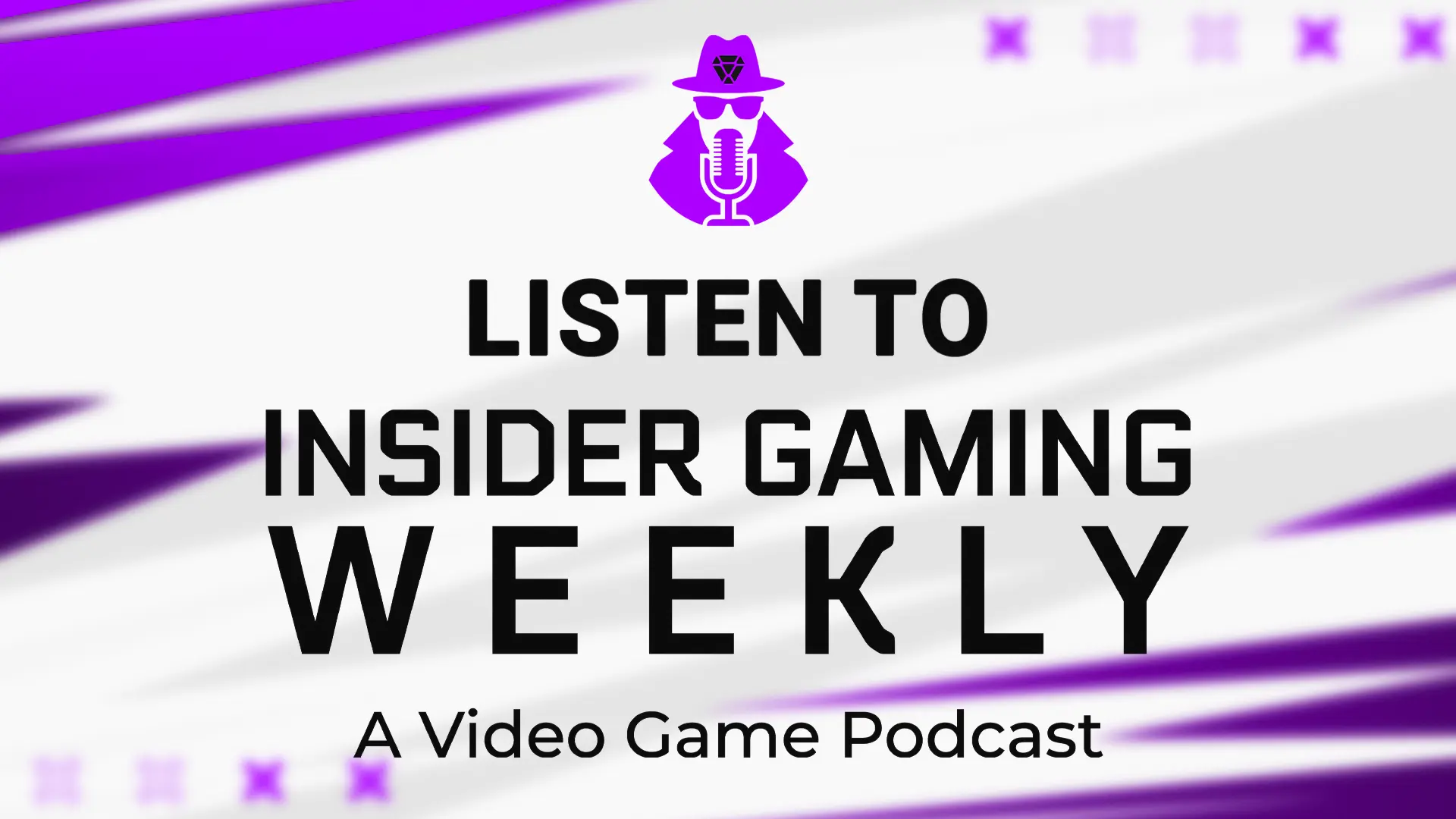## Stuck in the Menu: Nintendo Switch Online Goes Dark as Google Takes a Hit
Imagine this: you’re eager to jump back into your favorite multiplayer match, maybe relive some classic NES memories, or finally download that game you’ve been eyeing. You fire up your Nintendo Switch, ready to dive into the world of online gaming… and you’re met with a blank stare. Your connection’s down. This isn’t a random technical hiccup, gamers. It’s a domino effect triggered by a giant – Google.

The Gamer Fallout: Frustration and Consequence

The recent Nintendo Switch Online outage, triggered by a Google Cloud Platform outage, sent shockwaves through the gaming community. Gamers, accustomed to seamless online experiences, found themselves grappling with frustration and the tangible consequences of a service they rely on heavily.
Community Reactions: Outrage, Memes, and Coping Mechanisms Online
Social media platforms erupted with a torrent of reactions, ranging from exasperation and outrage to wry humor and creative coping mechanisms. The hashtag #NintendoDown trended globally, with gamers venting their frustrations about interrupted gameplay, lost progress, and the inability to connect with friends. Memes, a staple of online communities, proliferated, poking fun at the situation and offering relatable commentary on the shared experience.
Gamers, however, are resourceful. Many turned to offline activities, dusting off classic single-player games or engaging in board games and other hobbies. Others shared tips and tricks for mitigating the outage’s impact, such as downloading games in advance or utilizing local multiplayer options.
Impact on Esports and Competitive Gaming
The outage had a significant ripple effect on the competitive gaming scene. Scheduled tournaments and online events were disrupted, leaving players and organizers scrambling to adapt. For professional gamers, who rely on consistent online connectivity for training and competition, the downtime represented a lost opportunity for practice and valuable match experience.
Tournaments often depend on precise timing and online infrastructure, making them particularly vulnerable to outages. Delays and cancellations can lead to financial losses for organizers and sponsors, as well as damage to the reputation of the event. The impact extends beyond the immediate disruption, potentially affecting player rankings and tournament seeding.
Long-Term Implications: Reliance on Third-Party Infrastructure and Its Risks
The Nintendo Switch Online outage serves as a stark reminder of the growing reliance on third-party infrastructure in the gaming industry. While these partnerships can offer scalability and cost-effectiveness, they also introduce vulnerabilities. A single point of failure, such as a Google Cloud outage, can cascade and impact numerous services.
Gamers are increasingly accustomed to seamless online experiences, making them more sensitive to disruptions. Outages can erode trust in online platforms and create a negative perception of the gaming industry as a whole. Moreover, the reliance on third-party infrastructure can limit the control and autonomy of gaming companies, making them vulnerable to external factors beyond their control.
Looking Ahead: Lessons Learned and Future Solutions
The Nintendo Switch Online outage presents an opportunity for introspection and innovation within the gaming industry. Addressing the root causes and exploring potential solutions is crucial to ensuring a more resilient and reliable online gaming experience for all.
Need for Redundancy: Exploring Alternative Solutions for Online Infrastructure
Building redundancy into online infrastructure is paramount to mitigating the risks associated with single points of failure. Gamers expect uninterrupted access to online services, and outages can have significant consequences. Exploring alternative cloud providers, implementing failover mechanisms, and diversifying infrastructure can create a more robust and resilient system.
Consideration should also be given to decentralized solutions, leveraging blockchain technology or peer-to-peer networks to distribute infrastructure and reduce reliance on centralized servers. This approach could enhance security, improve data privacy, and make online gaming services more resilient to outages.
Transparency and Communication: How Nintendo Can Improve its Crisis Response
Effective communication during a crisis is crucial for maintaining user trust and minimizing negative impact. In the aftermath of the Nintendo Switch Online outage, many gamers felt frustrated by the lack of timely and transparent information regarding the cause of the outage and the estimated restoration time.
Nintendo’s official communication channels could be improved by providing more frequent updates, utilizing multiple platforms to reach a wider audience, and offering clear and concise explanations about the situation. Engaging with the community through social media and forums can foster a sense of understanding and alleviate anxiety during disruptive events.
The Evolving Landscape of Gaming: Adapting to a More Interconnected Future
The gaming industry is continuously evolving, with online connectivity playing an increasingly central role. As gaming becomes more interconnected, the need for robust online infrastructure and resilient systems will only grow.
This incident highlights the importance of proactive planning and contingency measures. Gaming companies must invest in infrastructure that can withstand disruptions, explore diverse cloud providers, and prioritize transparent communication with their users. By embracing these lessons, the industry can navigate the complexities of a more interconnected future and deliver seamless online gaming experiences for all.
Conclusion
So there you have it, folks. Nintendo Switch Online went down, and it wasn’t some localized server hiccup. The culprit? A widespread Google outage that snagged a whole host of online services in its wake. This incident serves as a stark reminder that even our beloved gaming platforms aren’t immune to the vulnerabilities of the interconnected internet age.
The ripple effect of this outage highlights the increasing reliance we have on third-party infrastructure for online gaming. While Nintendo has traditionally enjoyed a reputation for stability, this event underscores the potential for disruption and the importance of having robust contingency plans. Moving forward, we can expect to see more scrutiny on the dependencies of online gaming platforms and perhaps even calls for greater transparency from companies like Nintendo regarding their infrastructure partners. This incident might be a wake-up call, urging both developers and players to consider the fragile threads that connect us in the digital realm.
In the end, the Nintendo Switch Online outage serves as a powerful reminder: even in the virtual world, we’re all connected. The next time you jump online, take a moment to appreciate the complex web of technology that makes it all possible. Because in the blink of an eye, that connection could be severed, leaving us stranded in a world of offline frustration. Let’s hope this outage serves as a catalyst for stronger, more resilient online gaming experiences in the future.